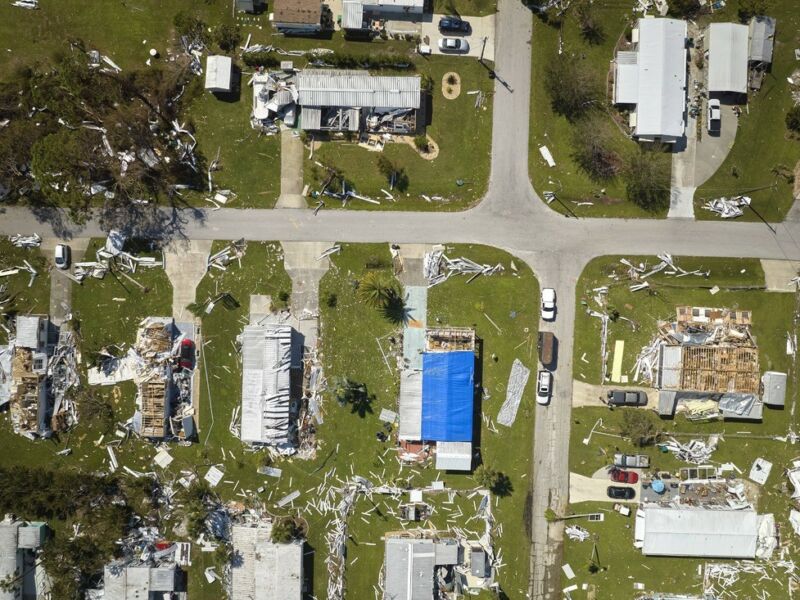
The Importance of Property Management Inspections
Property management inspections are an essential part of maintaining the safety and integrity of residential and commercial buildings. These routine assessments allow property managers to identify potential issues, ensure compliance with building codes, and address any necessary repairs or maintenance.
Understanding Water Damage
Water damage is one of the most common and potentially destructive issues that property managers may encounter during inspections. It refers to the damage caused by the intrusion of water into a building or its components, leading to deterioration, rot, and the growth of mold and mildew.
Causes of Water Damage
Water damage can occur due to various reasons, including:
- Leaking pipes or plumbing fixtures
- Roof leaks
- Flooding from storms or natural disasters
- Malfunctioning appliances, such as water heaters or washing machines
- Foundation cracks or poor drainage around the building

Consequences of Water Damage
If left untreated, water damage can have severe consequences for both the structural integrity of the property and the health of its occupants. These consequences may include:
- Wood rot and deterioration
- Mold and mildew growth
- Weakening of the foundation
- Damage to electrical systems
- Health issues, such as allergies and respiratory problems
Preventing Water Damage during Inspections
Preventing water damage is key to maintaining the value and safety of the property. Here are some preventive measures property managers can take:
Regular Inspections
Regular property inspections can help identify minor issues before they escalate into major water damage problems. Property managers should conduct thorough inspections, paying attention to areas prone to water damage, such as basements, roofs, and plumbing systems.
Maintenance and Repairs
Promptly addressing any maintenance or repair needs identified during inspections can prevent water damage. This includes fixing leaking pipes, repairing roof leaks, and ensuring proper drainage around the building.
Proper Ventilation
Good ventilation can help reduce moisture levels and prevent the growth of mold and mildew. Property managers should ensure that all areas of the property, including basements and bathrooms, have adequate ventilation to remove excess moisture.

Monitoring Humidity Levels
Monitoring humidity levels in the property can help prevent condensation and moisture buildup. Property managers can use dehumidifiers or HVAC systems with humidity control to maintain optimal humidity levels.
Tenant Education
Educating tenants about the importance of reporting and addressing water leaks or other issues promptly is crucial. Tenants should understand their role in preventing water damage and be encouraged to report any signs of moisture or leaks.
Restoring Water Damage
If water damage is discovered during property management inspections, immediate action should be taken to mitigate the damage and restore the property. Property managers should consider hiring professional water damage restoration experts, such as the JGW Group Water Damage Restoration Deerfield Beach.
Professional Water Damage Restoration Services
The JGW Group Water Damage Restoration Deerfield Beach offers a range of services, including:
- Water extraction and removal
- Drying and dehumidification
- Mold remediation
- Repair and restoration of damaged structures
Their expertise and state-of-the-art equipment can efficiently and effectively restore the property to its pre-damaged condition.
Frequently Asked Questions (FAQ)
How can property managers prevent water damage during inspections?
What should property managers do if they discover water damage during inspections?
Important Facts and Statistics about Water Damage Restoration
- The cleaning and remediation of assemblies, such as floor and ceiling systems, often requires the attention of a water-damage restoration professional.
- In the United States, homes leak over one trillion gallons of water every year.
- Fixing minor water leaks can result in an average of 10% savings on water bills.
- The typical price range to restore water damage is between $1,240 and $5,342.
By following best practices for property management inspections and taking proactive measures to prevent and address water damage, property managers can ensure the long-term value and safety of the properties under their care.



